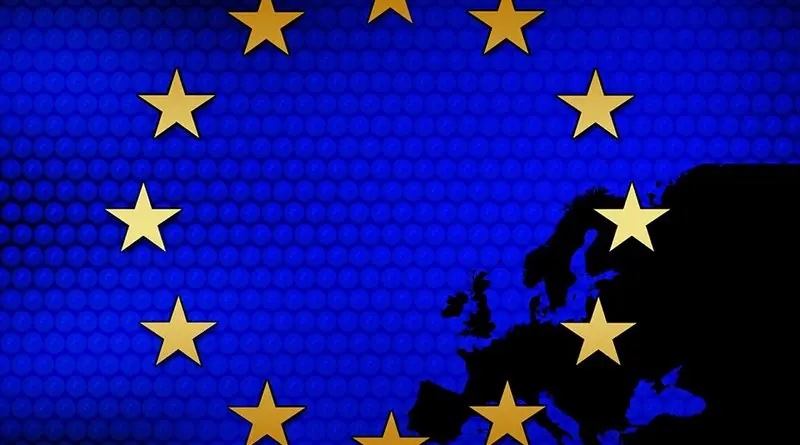The Key Policy Changes Center-Right EPP Made In Its Final Manifesto
By EurActiv
By Sarantis Michalopoulos
(EurActiv) — The centre-right European People’s Party (EPP) made two key policy changes in its final EU elections manifesto compared to the draft leaked last month, a source familiar with the matter told Euractiv.
One of the changes is related to the qualified majority voting.
No unanimity on EU sanctions
The draft, first published by Euractiv on 18 January, suggested that the EU centre-right favoured replacing the unanimity principle in foreign and defence policy decisions with qualified majority voting.
An EPP source told Euractiv that the final manifesto, due to be approved at the EPP Congress in Bucharest on 6 March, suggests that moving away from the unanimity principle should apply in the field of “EU sanctions against totalitarian regimes around the world and toward the single market for defence”.
The EPP source also added that the position of high representative should be replaced with an EU foreign minister as vice-president of the EU Commission.
“The EPP will call for the appointment of a European security council comprised of the leaders of other European countries (including at least the UK, Norway and Iceland)”, the source noted.
Combustion engine: Engineers/market will decide, not politicians
Energy, particularly the much-discussed ban on internal combustion engines, is another policy field in which some key changes were made.
The ban on the sale of new combustion engine cars in the bloc by 2035 was approved by EU ministers in March 2023.
But as already pointed out by EU Commission chief Ursula von der Leyen, the EU decision to phase out combustion engines will be reviewed in 2026.
In the draft manifesto, the EPP stated: “We reject a ban policy – such as the ban on combustion engines – and will revise it as soon as possible”.
According to the source, the new manifesto suggests:
“We will achieve the best solution only if we use all technological possibilities without any prejudice or ideology. We defend the principle of technological neutrality and a policy built on creating incentives for businesses and industry. The EU can set targets for reducing greenhouse emissions but must leave room for private, local and industrial players to find appropriate technological solutions. We are in favour of technological openness in the economy, energy and climate protection”.
“Engineers, not politicians, together with the market should be deciding on the best technology to achieve carbon neutrality”, the document adds, according to the source.

